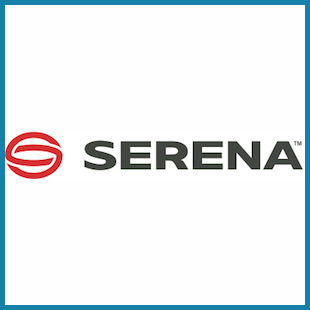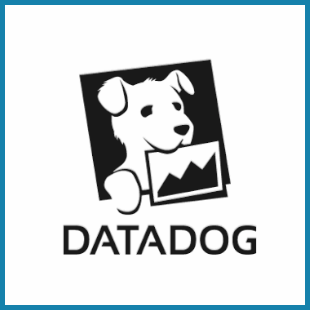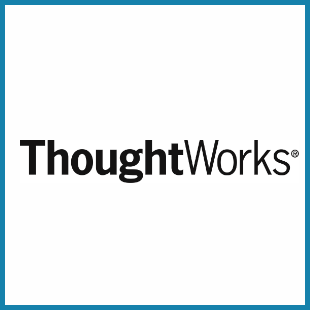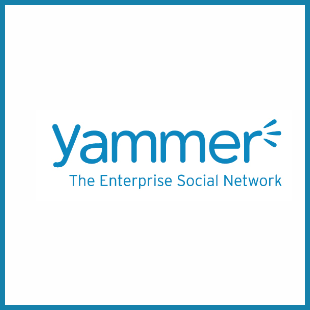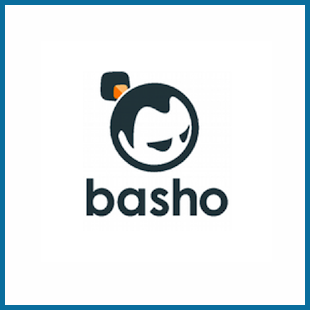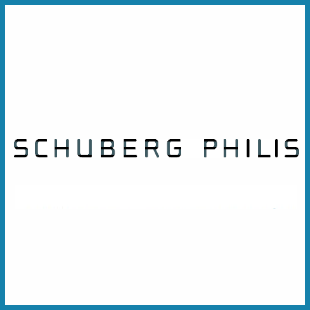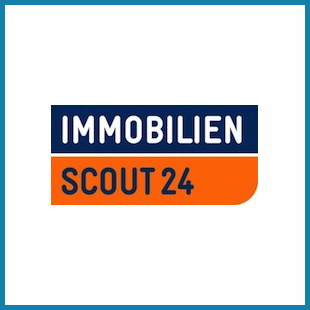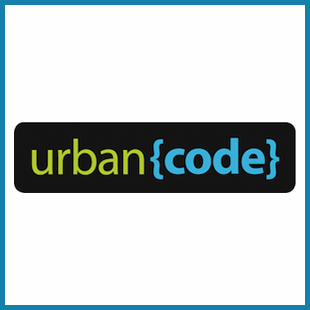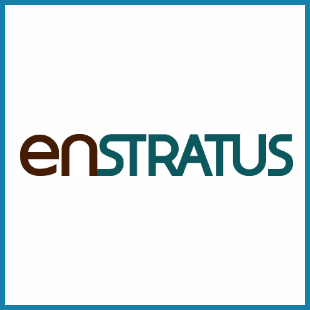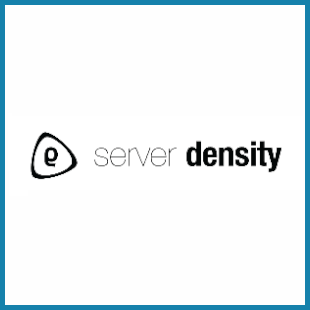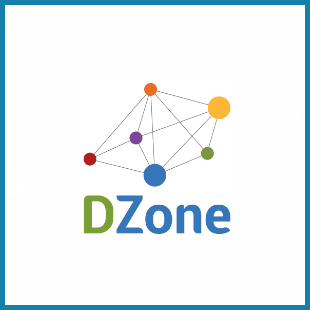
Italy - Rome 2012 - Proposal
Gold sponsors
Supported Self-Administration
Abstract:
Software developers are a special breed: one that loves to try out fancy new technologies. Project teams often decide spontaneously whether or not to use a particular tool. Furthermore, the decision is usually based on a short and simple test installation rather than carefully comparing options according to pre-defined evaluation criteria.
A lot of project teams lack time to plan and realise a development infrastructure concept in advance, before beginning with the main development work. The project preparation phase is typically dominated by the provisioning of a version control system and configuration of IDEs. In an enterprise context, this quickly and inevitably results in a defragmented, barely-maintainable infrastructure.
Besides established source code management approaches (CVS, SVN, Git, Mercurial, etc.), a set of open source tools for bug tracking, continuous integration, documentation and quality assurance has become an exceedingly useful alternative to closed source products. Depending on the circumstances, different combinations of tools like Artifactory, Sonatype Nexus, Jenkins, Atlassian Bamboo, Atlassian JIRA, trac, Sonatype Sonar, Redmine and so on may be optimal. Supported Self-Administration describes how a team or a company can find the right combination and which organisational aspects are the crucial ones when it comes to introduction of or migration to new systems.
The term Supported Self-Administration also refers to the guiding principle behind all activities. Supported free space describes a development infrastructure where the administration is performed by the project teams themselves, while the infrastructure remains scalable and maintainable. Supported Self-Administration is a fundamentals-based recommendation of best practices, instead of forcing project teams to solve infrastructure problems in one particular way.
This talk describes how consolidation of the development infrastructure has been achieved in a software development and consulting company. The talk focuses on how the implementation of open-source infrastructure concepts creates freedom and flexibility in software development.
Speaker: Sara Haselbauer






